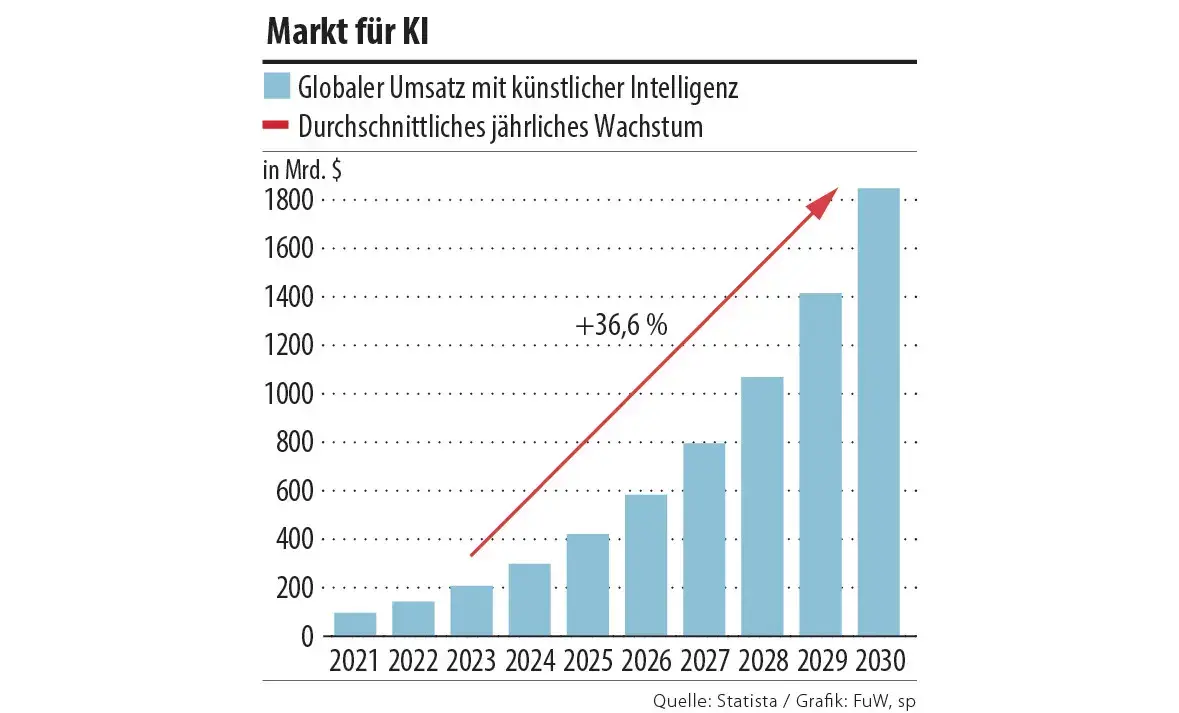Quo Vadis AI - A critical review of last week's developments
The world of artificial intelligence (AI) has once again made headlines in recent weeks.
Google, Microsoft and OpenAI presented their latest developments, setting new standards in the technology sector.
But what does this mean for us?
As a marketing consultant and co-founder of a voice tech platform, I have been following the developments critically and would like to take a differentiated look at the current progress and challenges.
OpenAI has once again raised the bar for Large Language Models (LLMs) with GPT-4.
This latest iteration impresses with its ability to provide even more contextual and precise answers.
However, Google and Microsoft are not standing still: they have also made significant progress with their own developments such as Bard and Azure OpenAI.
These models promise even deeper integration into our everyday lives and working environments, from automated customer services to complex data analysis.
Personalization and innovation are the future
The advantages of these technologies are undeniable. LLMs enable an enormous increase in efficiency by taking over repetitive tasks and performing complex analyses in fractions of a second. For companies, this means fewer operational hurdles and more room for strategic decisions. Personalized customer interactions based on the individual needs and preferences of customers are already standard today.
These models are the driving force behind innovation. They generate creative content that leads us into new markets and opportunities. In particular, the development of GPT-4-o – the “o” stands for “omni” – will integrate minorities much more into society. Unlike previous voice assistants, GPT-4-o can filter out background noise and individual speakers. The interpreter function enables people with visual impairments and minorities to participate more fully in society.

Challenges and risks
But where there is light, there is also shadow. The handling of large amounts of data harbors considerable risks for data protection. The Google voice assistant Gemini, which will be able to answer very complex queries, must be mentioned in this context. Gemini should be able to process 1,500 pages. Storing such volumes of data was unthinkable before the introduction of cloud technology. Thanks to chips from TSMC and Nvidia, this is now possible.
Leaky data protection could have fatal consequences, especially at a time when data security is becoming increasingly important. These models also risk reinforcing existing biases and prejudices, which raises ethical questions. Last but not least, there is a risk that we rely too much on these technologies and neglect human expertise and creativity.
A critical reflection
Bain & Company recently rightly pointed out the importance of a responsible AI strategy.
Companies must not only master the technological challenges, but also the organizational ones.
This includes setting up a robust technology infrastructure, the secure use of data and the continuous training of employees.
One example of this is the implementation of ChatGPT at Carrefour.
While this has improved the customer experience, it has also required significant investment in data protection and ethical standards.
What's Next?
The future of artificial intelligence is both promising and worrying. The latest developments show us that we are on the path to a profound transformation of our working and living environment. We must do justice to this transformation through appropriate training at educational institutions. In the spirit of lifelong learning, we must also continuously sensitize employees to the opportunities and risks.
We need to develop new skills in the areas of creativity, critical thinking, collaboration, communication and the simplification of complexity in order to ensure meaningful cooperation between man and machine.
It is up to us to use these technologies responsibly and maintain a balance between progress and ethical standards. Only then can we be sure that the benefits outweigh the risks and the risks are minimized.

References:
-
Five key innovations from Microsoft, Google and OpenAI – Handelsblatt 22.05.2024
In the USA, the big tech companies are outdoing each other with announcements for new applications.
AI will soon be able to write, see and hear – almost like a human.
learn more -
AI as a potential threat – Mobiliar DigitalBarometer 22.05.2024
According to the survey, 59 percent of the population see the greatest danger of Kl as influencing the public debate, and almost half of respondents (49%) see Kl as a potential threat to humanity.
Learn more -
Role of AI in the context of the skills shortage ? – Merlin Meinhold on BrightPlaces 18.3.
2024At the heart of HR challenges today are demographic shifts and the dynamic work demands of Generation Z, which are exacerbating the shortage of skilled workers in many industries.
learn more





